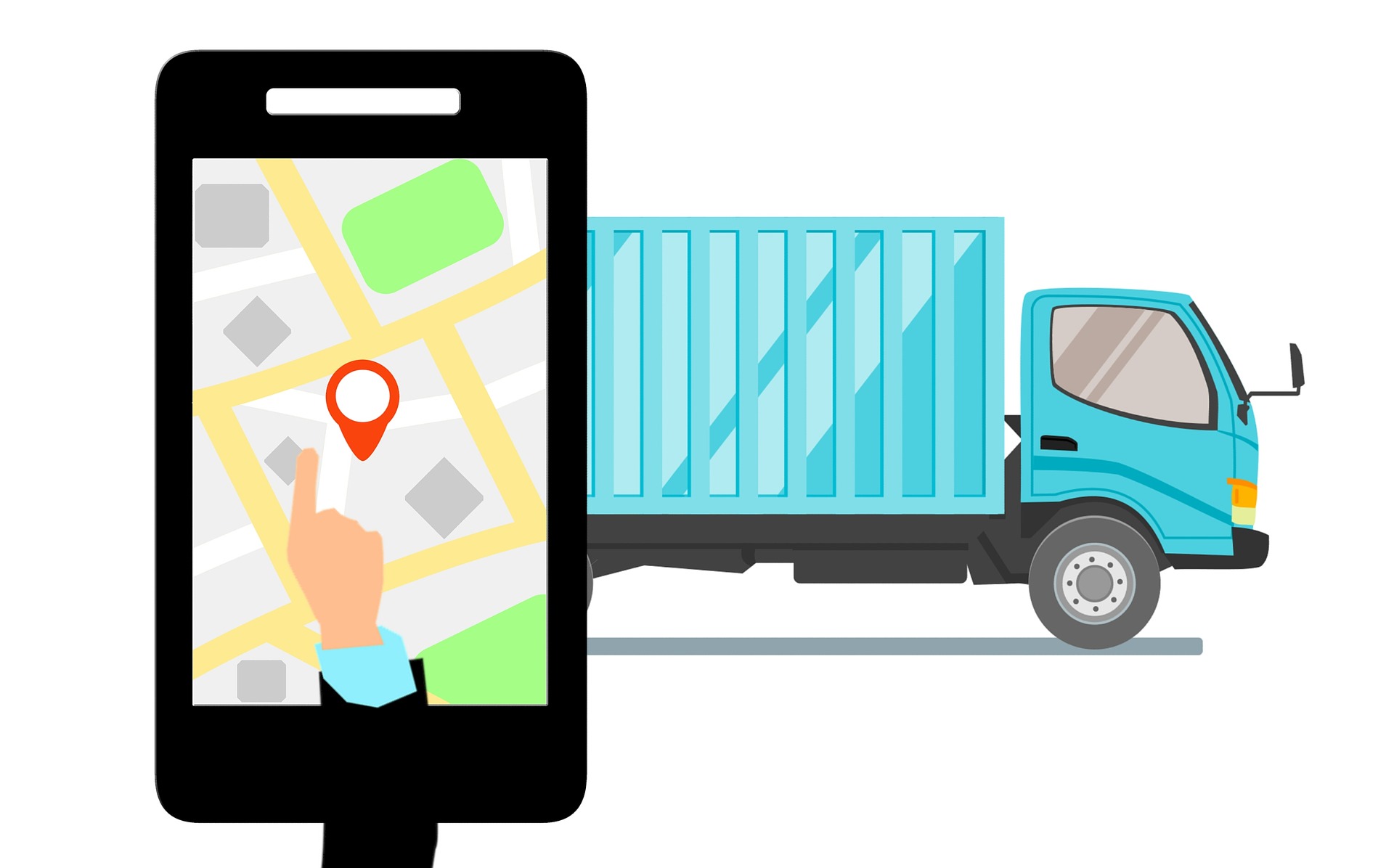Types of Car Tracking Systems

Do you want to track the location of each of your fleet of trucks from your headquarter? Or you want to ensure unauthorized persons do not board your commercial truck or cab? You also want to track your car in case of theft or an accident?
There are different kinds of vehicle tracking systems, depending on your specific needs and budget. Besides the above examples, you may just want to track the health of your car, such as mileage, truck tire pressure, speed and so on. The three major types of auto-tracking systems are cellular tracking systems, wireless systems, and satellite-based tracking systems.
Car tracking systems are also classified as passive and active. Passive tracking devices store the vehicle data such as speed, GPS location, and door vibration and you can then download the data for evaluation when the vehicle is back. Active tracking kits collect the same car data as passive systems, but they transmit the information in real-time via cellular, internet or satellite networks. A combination of both active and passive systems would involve a tracker that transmits information in real-time when the network is on, and stores the data when the network is off, for transmission later when the network is back online.
The cellular car tracking system is the most budget-friendly. It uses the mobile phone network to transmit information about your car or fleet of trucks. It can also relay data over the internet, backed by the relevant software. Its major advantage is a lower initial cost, but one disadvantage is that it’s not real-time: instead, data is updated every ten, thirty minutes or an hour. You also need to pay a monthly subscription fee to access the service, increasing the overall cost over time.
Wireless tracking systems are majorly one-off payment systems. The initial cost is high because multiple hardware and software components, as well as the database, need to be installed. But once the system is up and running, no more fees are required. The major disadvantage of wireless tracking is that it is passive and you can only retrieve the stored data once the vehicle is back home. If you want to track emergencies such as accidents or theft, a wireless system alone will not serve you: you’ll need a cellular or satellite-based tracking backup.
A satellite-based GPS tracking system should be your choice if you want greater accuracy and wider countrywide coverage. The initial installation cost is high and you still have to pay a monthly subscription fee, but satellite provides real-time updates even in remote areas where the cellular network would be unavailable.
A combination of the three systems, cellular, wireless and satellite tracking would provide the best benefits.





